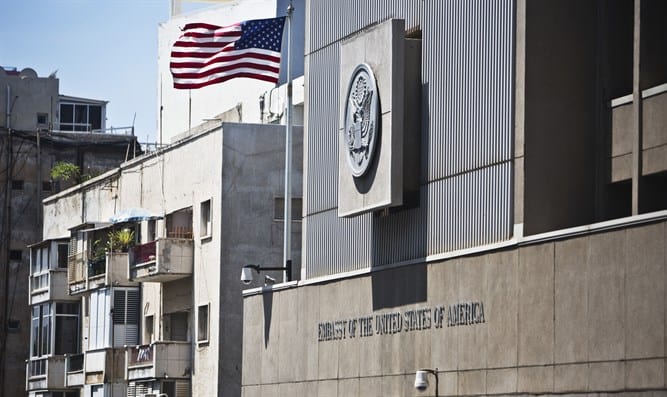THE Federal Government of Nigeria has formally expressed its dissatisfaction with the recent changes to the United States’ visa policy affecting Nigerian citizens, urging Washington to reconsider a directive that reduces the duration and flexibility of U.S. non-immigrant visas for Nigerians.
In a statement issued on Wednesday by Kimiebi Imomotimi Ebienfa, spokesperson for the Ministry of Foreign Affairs, the Nigerian government described the U.S. action as “misaligned with the principles of reciprocity, equity, and mutual respect” that have historically defined diplomatic relations between the two nations.
The policy, which took effect immediately on Tuesday, July 8, restricts most U.S. non-diplomatic, non-immigrant visas issued to Nigerian citizens to three months validity and single entry only. Previously, such visas especially in categories like B1/B2 (business/tourism), F (students), and J (exchange visitors)—often had longer validity and allowed multiple entries.
The Nigerian government emphasized that the new rules impose a “disproportionate burden” on a wide range of travellers from Nigeria, including students, academics, business professionals, and families. These restrictions, according to the Federal Government, could potentially hamper educational pursuits, cultural exchanges, legitimate business engagements, and family reunifications.
“This decision appears misaligned with the principles of reciprocity, equity, and mutual respect that should guide bilateral engagements between friendly nations,” the statement read.
“The Federal Government views this development with concern and keen interest, particularly given the longstanding cordial relations and strong people-to-people ties between our two countries.”
It further added that the new policy may unintentionally erode decades of trust and cooperation between Nigerians and the U.S., especially in light of Nigeria’s strategic role as a regional partner in trade, diplomacy, and counterterrorism efforts in West Africa.
While acknowledging the sovereign right of every country to establish and revise its immigration policies, the Nigerian government called for reconsideration of the decision “in the spirit of partnership, cooperation, and shared global responsibilities.”
“We understand and respect the right of the United States to determine its immigration policies,” the statement continued.
“However, we believe that this decision, particularly its scope and immediacy, warrants a second look through the lens of partnership and shared interests.”
The government also revealed that diplomatic engagements are ongoing and reaffirmed its commitment to resolving the matter through dialogue. The Ministry of Foreign Affairs said it would continue to pursue a resolution that reflects fairness and upholds the values of mutual interest, consistent with Nigeria’s broader foreign policy goals.
Meanwhile, the U.S. Embassy in Nigeria has stated on its website that visas issued prior to July 8, 2025, will remain valid under the terms they were granted. It also noted that visa reciprocity policies are subject to continuous review and change, depending on various bilateral and global considerations.







